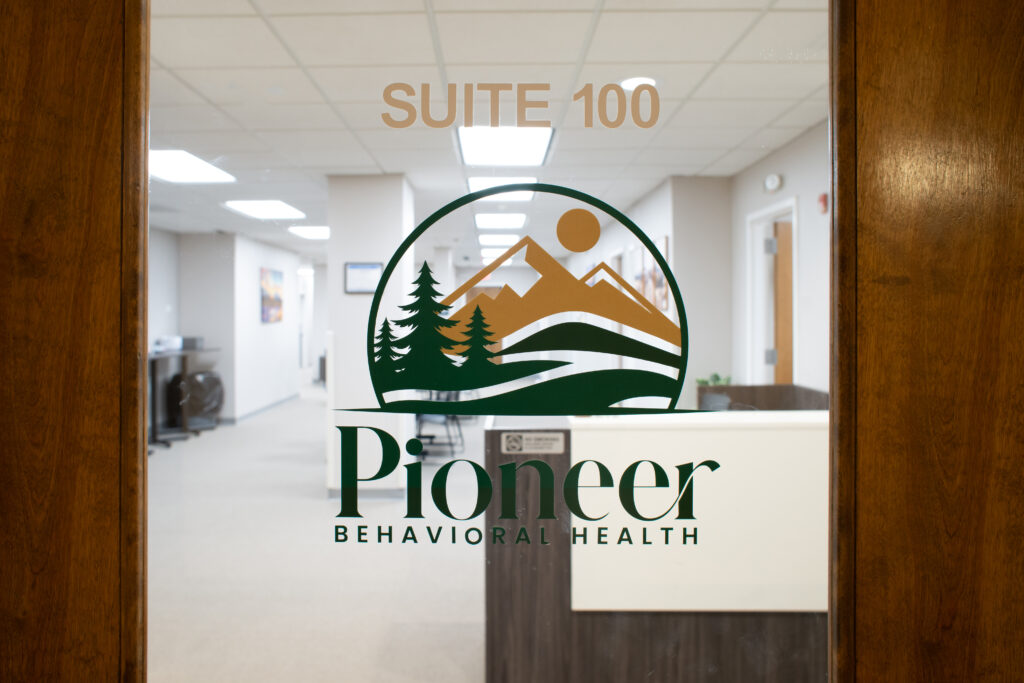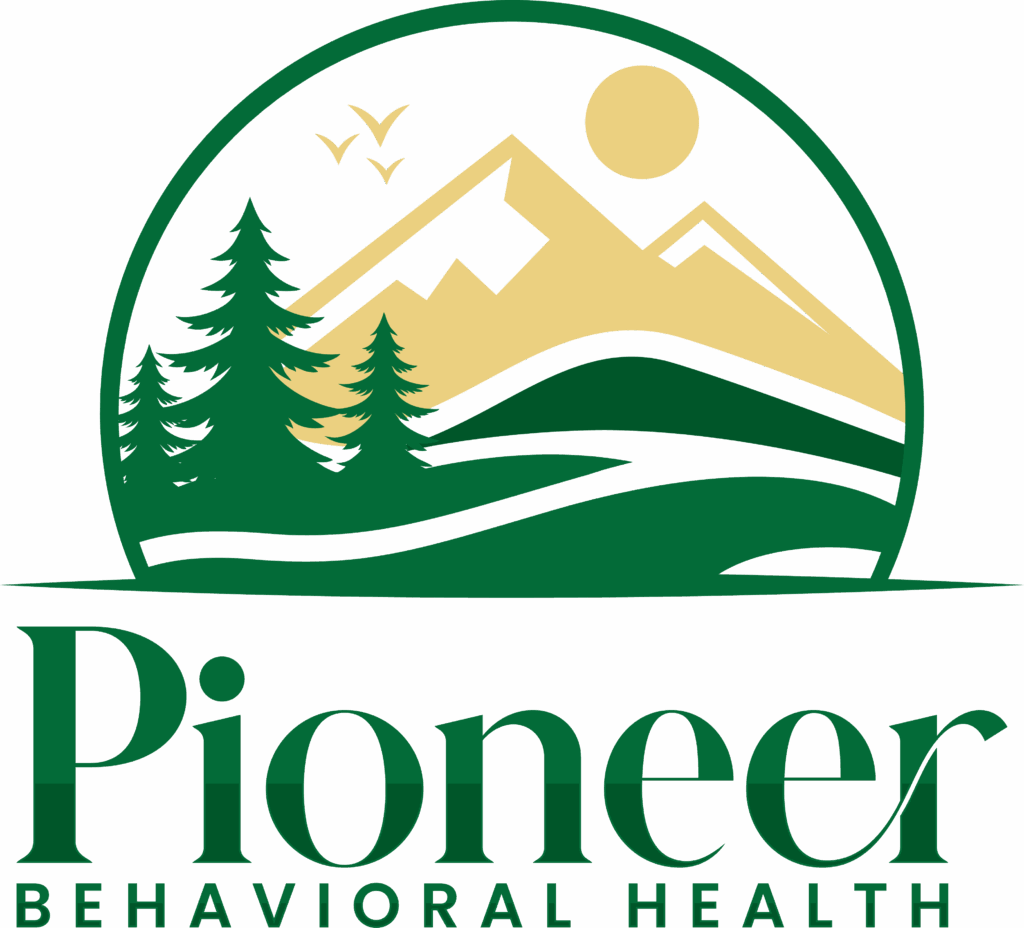Detoxing from marijuana—also known as THC (tetrahydrocannabinol) detox—is the process of clearing cannabis, or weed, from your body. Whether your goal is to pass a drug test, begin a sober lifestyle, or take a tolerance break, it’s important to understand how this process works.
This guide covers the essential aspects of weed detox, including how the body eliminates THC, the typical timeline, withdrawal symptoms, and effective strategies for managing recovery.
What is Marijuana Detox?

Marijuana detox involves the body naturally expelling THC, the main psychoactive compound in cannabis. Unlike substances like alcohol, which leave the body quickly, THC is stored in fat cells and can linger for days or even weeks—especially in frequent or heavy users.
As your body breaks down THC, it produces byproducts like THC-COOH, which are excreted through urine, feces, and sweat. This process can cause withdrawal symptoms as your system adapts to functioning without cannabis. While detoxing from marijuana is usually not dangerous, it can be both mentally and physically challenging.
How Long Does THC Stay in the System?
The duration THC stays in your body depends on several factors, including how often you use cannabis, your metabolism, body composition, and hydration level. Here’s a general estimate:
- Occasional users: 3–7 days
- Regular users: 10–30 days
- Chronic/heavy users: Over 30 days
Drug tests have varying detection windows. Urine tests—the most common—can detect THC in regular users for up to a month. Blood, saliva, and hair tests each follow different timelines. For more specifics, check resources like Healthline.
Common Withdrawal Symptoms
Withdrawal typically begins within 1 to 3 days of stopping use and peaks in the first week. Some symptoms may persist for two weeks or more.
Frequent symptoms include:
- Irritability and mood swings
- Anxiety and depression
- Trouble sleeping or vivid dreams
- Headaches
- Reduced appetite
- Cravings for cannabis
These effects are caused by the brain adjusting to the absence of THC, which normally influences mood and reward-related neurotransmitters like dopamine.
Phases of Marijuana Detox
Detox generally progresses through three stages:
- Initial Phase (Days 0–3): THC levels start to decline. Early symptoms like irritability, restlessness, and cravings may arise.
- Acute Withdrawal (Days 4–14): The most intense phase, marked by emotional instability, anxiety, sleep disturbances, and physical discomfort.
- Subacute Stage (Day 15+): Physical symptoms subside, but psychological symptoms, like cravings or mood fluctuations, may continue, especially during stressful times or triggers.
Can You Speed Up THC Detox?
Although there’s no quick fix for flushing THC, some healthy habits can help support your body’s detox process:
- Hydrate regularly: Water supports kidney function, though it won’t drastically accelerate THC removal.
- Exercise: Burning fat may help release stored THC, aiding long-term elimination (though it may temporarily raise THC levels in your system).
- Eat well: A diet rich in fiber and antioxidants promotes liver and digestive function, key for detoxification.
Be wary of commercial detox kits and teas, as many make misleading claims and lack regulation. For evidence-based guidance, refer to resources like the Mayo Clinic.
When is Medical Detox Necessary?
While marijuana detox typically doesn’t require inpatient care, professional supervision can be beneficial—especially for individuals with underlying mental health conditions.
A medical detox program may provide:
- 24/7 supervision
- Emotional and therapeutic support
- Medication for sleep disturbances, anxiety, or depression
- Customized treatment planning
If cannabis use is part of a broader substance use disorder, seeking professional help greatly increases the chances of lasting recovery.
Coping With Emotional and Psychological Challenges
Quitting marijuana isn’t just a physical process—it’s an emotional journey. Many people use cannabis to manage stress, depression, or anxiety. When you stop, these underlying emotions can become more prominent.
Support tools include:
- Cognitive-Behavioral Therapy (CBT): Helps identify triggers and build healthier coping mechanisms.
- Support groups: Communities like SMART Recovery or Marijuana Anonymous offer encouragement and accountability.
- Mindfulness apps: Tools like Headspace or Calm can help manage anxiety and improve emotional regulation.
Healthy Habits to Support Detox
Creating new routines is key to maintaining sobriety. Try incorporating:
- Regular physical activity: Boosts mood and energy levels
- Balanced nutrition: Supports emotional and physical healing
- Consistent sleep patterns: Aids mental clarity and recovery
- Mindfulness practices: Journaling or meditation can help track progress and reduce stress
Staying engaged in positive, non-cannabis activities also helps reduce cravings and reinforces your commitment to a substance-free life.
Managing Cravings
Cravings are a normal part of the detox process and are often linked to stress, boredom, or environmental cues.
Effective coping methods include:
- Urge surfing: Observe the craving without acting on it, knowing it will pass
- Distraction techniques: Take a walk, call a friend, or engage in a hobby
- Changing routines: Avoid places or habits tied to past marijuana use
Over time, the frequency and intensity of cravings will typically decrease.
Understanding and Handling Relapse
Relapse is common and doesn’t mean failure. Instead, it’s an opportunity to reassess your approach and refine your coping strategies.
If you relapse:
- Reflect on what triggered it
- Reconnect with your support system
- Adjust your treatment plan as needed
You can also find immediate support through resources like the SAMHSA treatment locator.
Find Marijuana Detox Help in Longmeadow, MA

If marijuana is interfering with your life, professional support can make a big difference. Detoxing alone is tough—especially when mental health challenges are involved.
Pioneer Behavioral Health in Longmeadow, MA offers detox placement and a variety of outpatient services, including:
- Evidence-based therapy
- Dual-diagnosis treatment
- Flexible scheduling to accommodate work, school, or family life
Reach out to us anytime at (888) 617-3070 or info@pioneerbh.com. You’re also welcome to visit us in person, 24/7, at 175 Dwight Rd, Longmeadow, MA 01106.
You don’t have to do this alone—your recovery can begin today.

